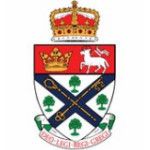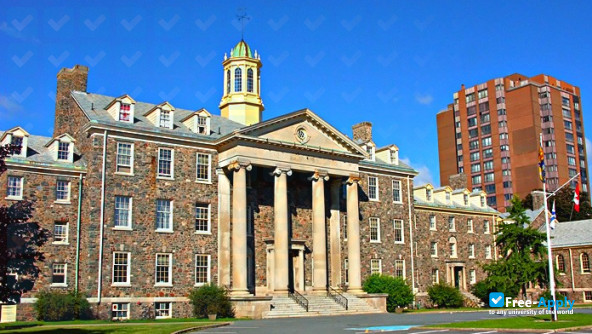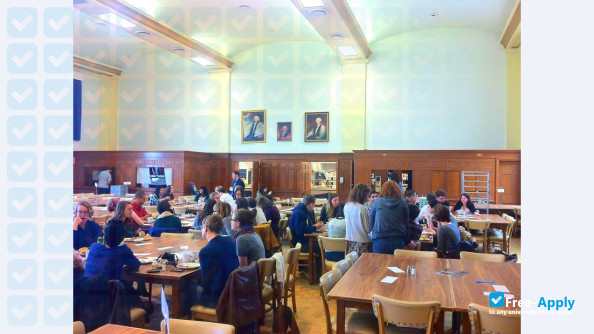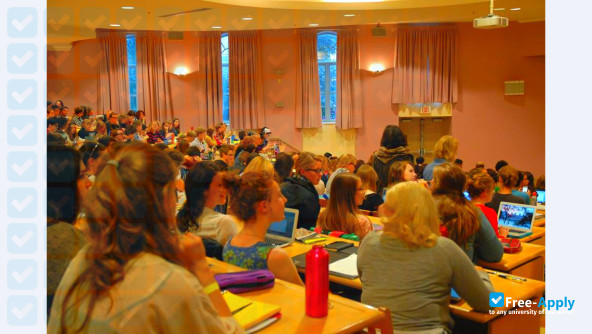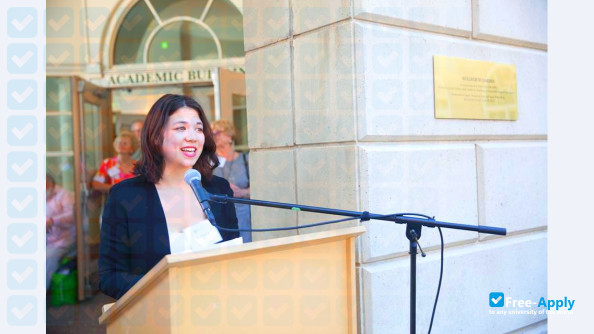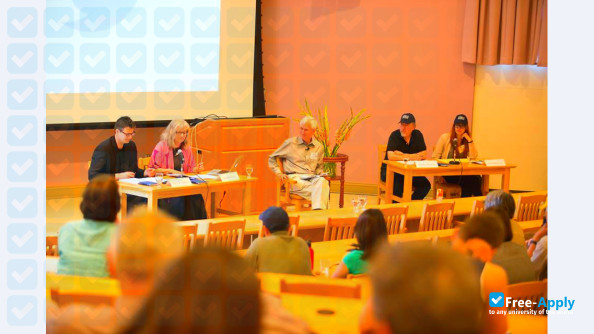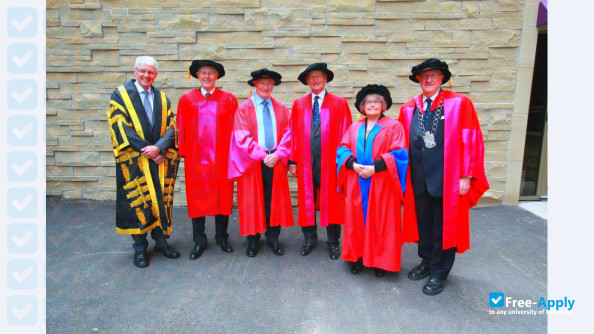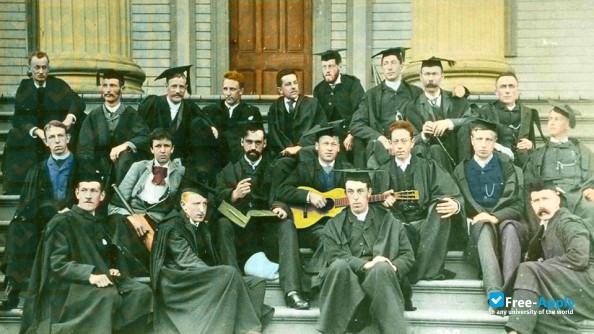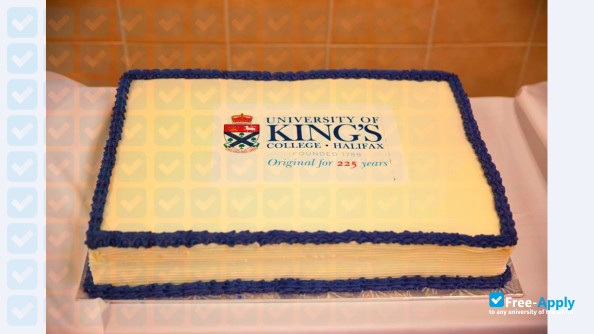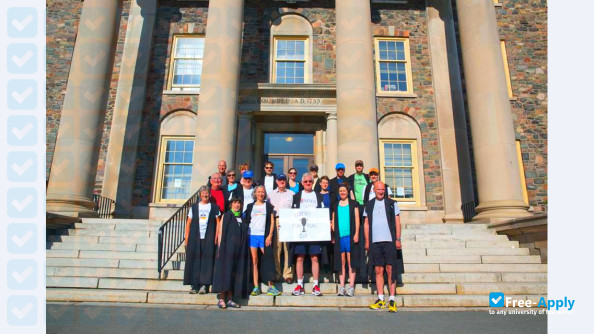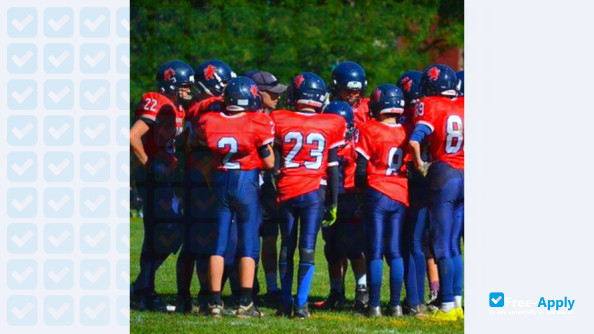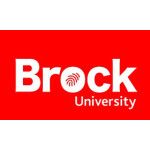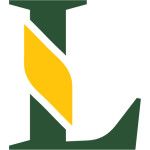About the university
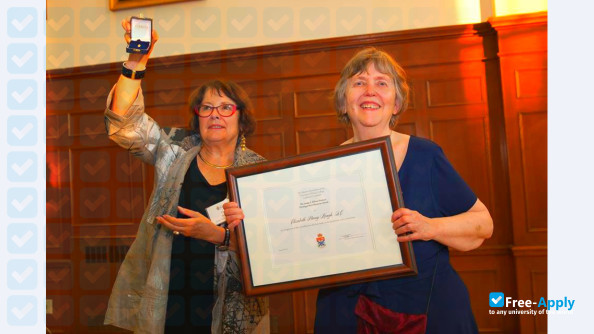
King's College traces its origins to the King's College of New York City. On 31 October 1754, King George II of Great Britain issued the charter for King's College within New York City, establishing it as the oldest institution of higher learning in the state of New York and the fifth oldest in the United States. In 1776, during the eruption of the American Revolutionary War, studies at the university halted for the subsequent eight years. Within this time, the College's library was looted, and its sole building was requisitioned for use as a military hospital first by American and then British forces. When Patriots took over the university, Bishop Charles Inglis, the rector of Trinity Church, led the flight of Loyalists to Windsor, Nova Scotia. After the American Revolution, the old institution was resuscitated and eventually renamed Columbia College, which would develop into Columbia University. In 1788, these resettled Anglician Loyalists founded the King's Collegiate School in Windsor. During the following year, the University of King's College emerged from the Collegiate. In the same year, 1789, an Act passed for "the permanent establishment and effectual support of a college at Windsor," and £400 per annum granted towards its maintenance. The College opened in 1790,[15] and received a Royal Charter from King George III in 1802, becoming Canada's first university. Even though the University of New Brunswick traces its history to King's College at Fredericton, which was established in 1785, it did not initially receive university powers and did not receive a Royal Charter until 1827. Similarly, McGill University traces its origins to 1801 but did not receive a Royal Charter until 1821. The university was generally modeled on older English universities which were residential, tutorial, and closely tied to the Church of England.[16] With its strong Anglican affiliation, all students at King's College were required to take oaths affirming their assent to the 39 Articles of the Anglican Church during the 19th century.
Education programs
Arts
Arts
Bachelor of Arts
English
Language of instructions
Full-time
Study mode
$5,998
Fee for international students
$5,998
Fee for domestic students
Education and Teaching
~ $5,998 / year
Education and Teaching
Bachelor of Education
English
Language of instructions
Full-time
Study mode
$5,998
Fee for international students
$5,998
Fee for domestic students
Humanities
~ $5,998 / year
Humanities
Bachelor of Humanities
English
Language of instructions
Full-time
Study mode
$5,998
Fee for international students
$5,998
Fee for domestic students
Journalism
~ $5,998 / year
Journalism
Bachelor of Journalism
English
Language of instructions
Full-time
Study mode
$5,998
Fee for international students
$5,998
Fee for domestic students
How to apply to the university
Choose a program
Press “Apply now” button
Send an application form
Complete admissions tasks
Go to study
To apply to University of King's College follow these steps. To get more information about the university and the admissions process, you can use the live chat to contact a university representative.
Required documents for admission
When applying for admission to University of King's College in Canada you should prepare all required documents. Request a list of necessary documents directly from a university, as it may vary for different countries. Using our live chat, you can also ask for sample documents.
- Online Application form
- Student visa
- TOEFL Certificate
- Health and Life Insurance
- IELTS Certificate
- Application fee
- Letters of reccomendation (MA, PhD)
- Photographs
- Passport
- Proof of fee payment
- Resume/CV (graduate, postgraduate)
Why people choose this university
Contacts
University of King's College
6350 Coburg Rd
Halifax
B3H 2A1
Canada
Free Apply is not responsible for the content of this page. Through the Site, Free Apply provides an online catalog which you can use to find different types of educational institutions. It’s possible for a new university to be registered by any user, however only verified university representatives will be able to manage, reply in chat and make changes to a university page. Once the University registers its official representative, it has the right to block access for others to edit the information. Further control over the content will be carried out by the representative of the University. Registration with the Free-Apply.com catalog is free.
